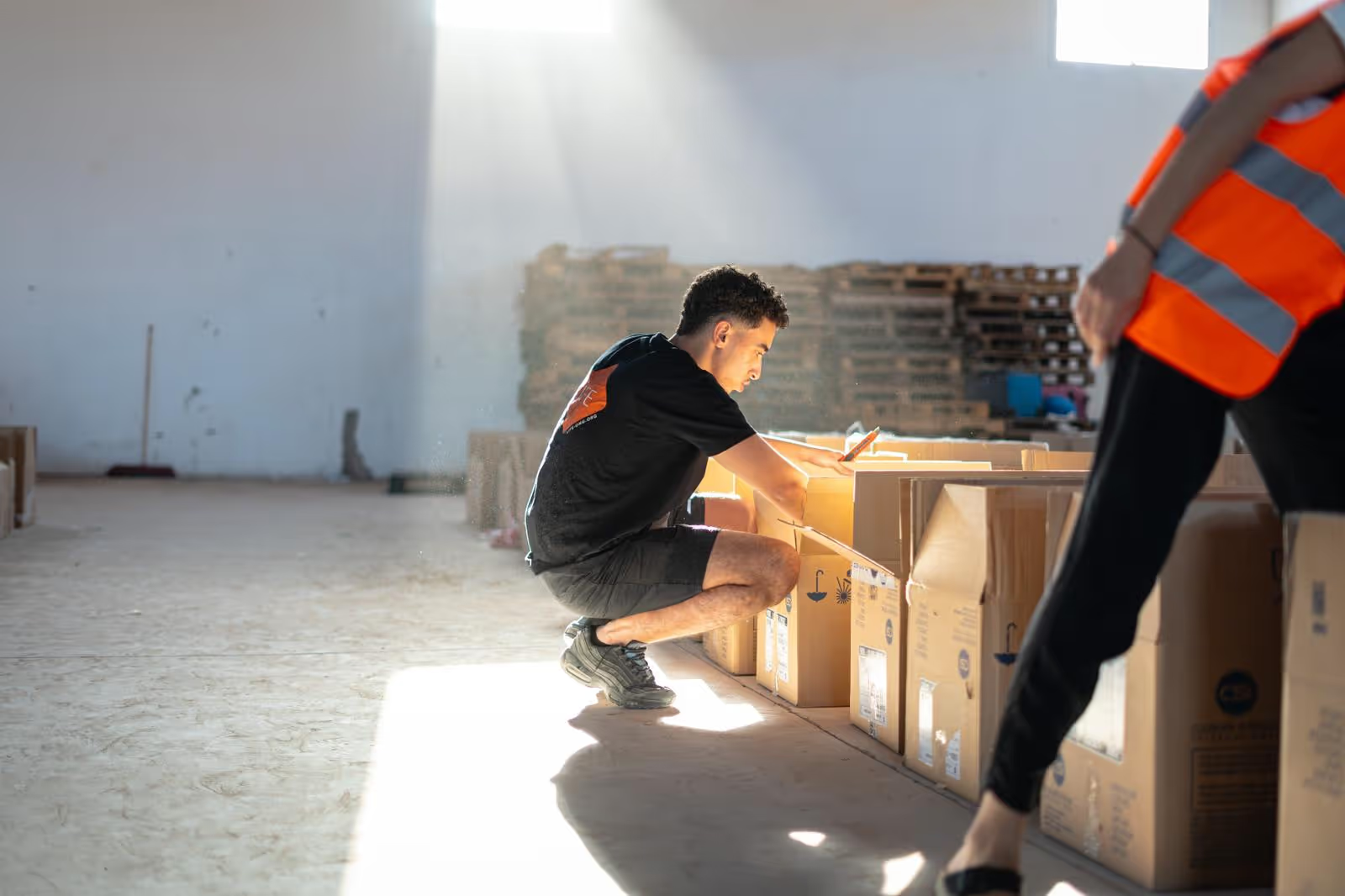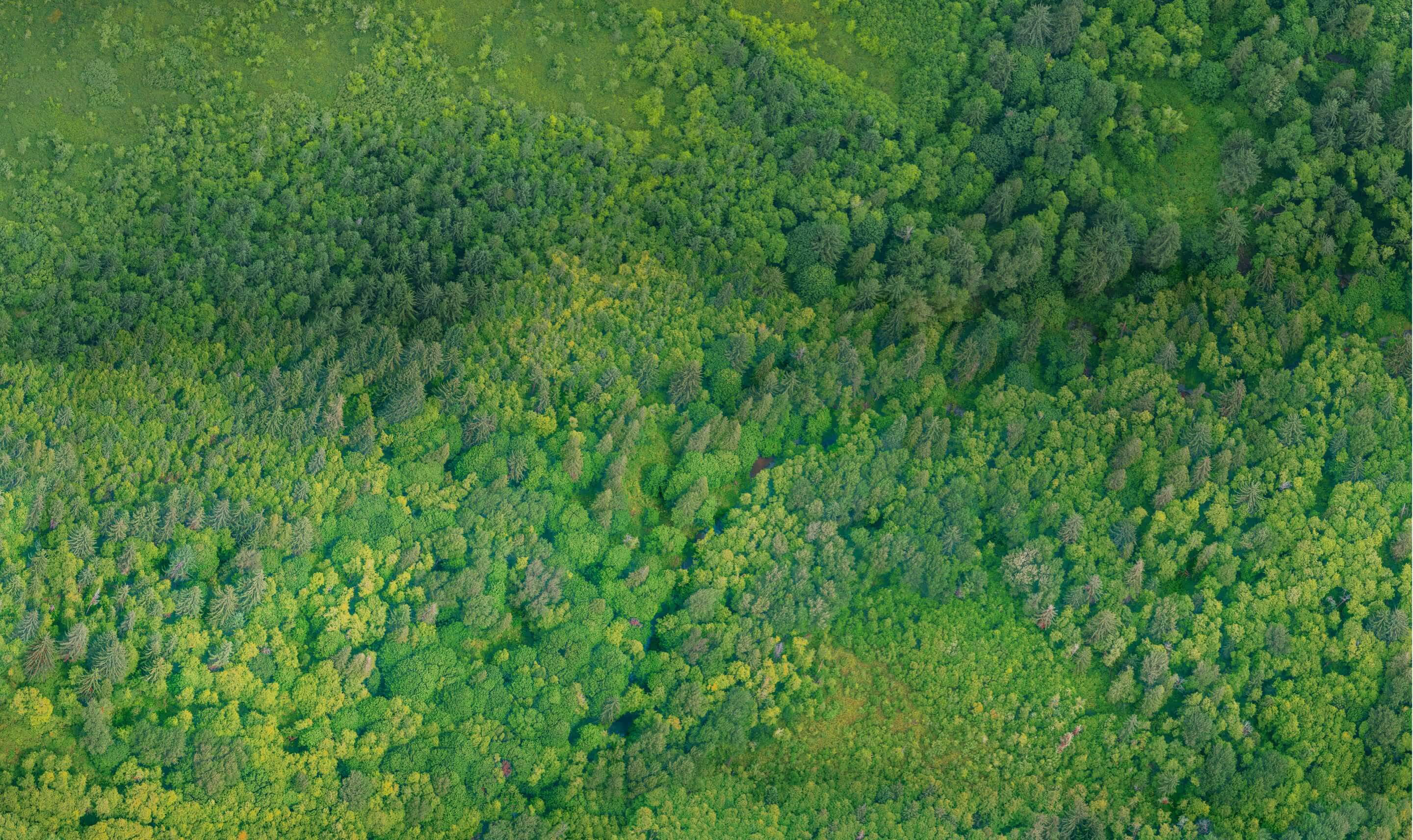Water security in the world: challenges and opportunities
.avif)
Without water security, human health and the environment are at risk. Access to clean and safe water is essential. However, this right is increasingly under threat around the world. Water needs are creating ever more intense competition. Population growth, rapid urbanization and climate change are putting pressure on it. At the heart of these challenges, however, there are promising opportunities. Through innovative initiatives and strengthened international cooperation, together we are able to shape a future where water is a source of abundance and hope for all.
What is water security?
Water security is the ability of a population to access a sufficient quantity of safe drinking water to meet their domestic, agricultural, industrial, and environmental needs. Drinking, bathing, preparing food, maintaining adequate hygiene, supporting economic and environmental activities, etc. Water security makes all of this possible. It is therefore essential for the health of the population, food security, poverty reduction and sustainable economic development.
The challenges of water security in the world
While water security is a crucial issue for the survival and well-being of humanity, it is nevertheless threatened by numerous challenges. What are they?
The shortage of drinking water
Water scarcity is a growing global challenge, affecting all continents, and in particular areas of sub-Saharan Africa, Central Asia and the Middle East. In sub-Saharan Africa, only 24% of the population has access to drinking water ! It affects billions of people in cities as well as in rural areas. According to a United Nations report, more than 2 billion people live in countries suffering from high water stress. This crisis is due to a combination of factors, including climate change, population growth, and increased water demand in the agricultural, industrial, and energy sectors. And if nothing changes, global water demand is expected to increase by 55% by 2050 according to the UN. This situation will make water management even more difficult.

Climate change
Climate change is having a significant impact on the availability and quality of water in the world. Droughts, floods, and storms are becoming more frequent and intense, making water management more difficult. According to an IPCC report, it could reduce the availability of fresh water by 20% in some regions by 2050. In addition, melting glaciers and rising sea levels can disrupt freshwater sources and increase water salinity in some areas.
Population growth
According to forecasts, the world population should reach 9.6 billion by 2050. With this sustained population growth, the demand for water for human consumption, agriculture and industry will always be stronger. The pressure on available water resources is not going to ease any time soon. It highlights the urgent need to put in place policies for the effective management of water resources.
The emergence of cities
In addition, rapid urbanization is also causing an increase in water demand. Cities, where more than half of the world's population already live, use vast quantities of water to meet the needs of their inhabitants, industry, services, and agriculture. And to make matters worse, urbanization can lead to increased pollution of water sources, due to increased waste and wastewater. Sanitation of water in the world is also another major global challenge! These factors combined make sustainable water management increasingly difficult, especially in areas where water resources are already limited.
Water pollution
Water pollution is a major problem in many parts of the world, especially in developing countries. Industrial and agricultural waste, wastewater, and chemical products are all sources of pollution that threaten water quality and human health. According to a WHO report, around 2.2 million people in the world die every year from diarrheal diseases linked to contaminated water and poor sanitation. In addition, water pollution can also have harmful effects on the environment and biodiversity.

Opportunities to improve water security in the world
Improving global water security is a complex challenge, but there are promising opportunities to achieve it through innovative and sustainable approaches. Everyone at our level can work on it.
The construction of wells and sanitary facilities
Building wells and sanitary facilities is essential to ensure water security. They provide access to safe drinking water, improving hygiene and supporting food production and the well-being of populations. They contribute to their empowerment and development by giving them greater control over their water resources. Communities with adequate water and sanitation systems are better equipped to deal with challenges such as droughts, floods, and waterborne diseases.
At LIFE, with our OASIS program , we build drinking water wells, water towers, but also sanitary facilities all over the world. In case of emergency, such as during periods of drought, we also bring water to communities in need. In Kenya, in the Trans-Nzoia region in the Kimini district, we installed a water treatment and bottling plant. They improve the daily life of 4 villages and the school in Upendo. More than 2500 families will have access to drinking water. The bottling plant will provide school income and water to the arid and semi-arid counties of Turkana, Samburu, and Eyen, as well as to the refugee camp areas of Kakuma and Daadab.

Rainwater collection and storage
The establishment of rainwater collection and storage infrastructures is a crucial challenge in arid regions. This process not only increases water availability, but also meets the growing needs for irrigation, drinking water supply, sanitation, and other services.
Sustainable agriculture
Agriculture is one of the most water-consuming sectors in the world, accounting for around 70% of freshwater consumption. Turning to sustainable practices can help reduce water demand by using techniques such as drip irrigation, crop rotation, and growing drought-resistant plants.
Technological innovation
Technologies that allow the desalination of seawater or the reuse of wastewater contribute to greater water availability in the world. For their part, digital tools also help to preserve resources and optimize water management. How? Thanks to the transmission of data in real time. Precision irrigation, for example, uses sensors and automated irrigation systems to provide the precise amount of water needed for crops. It reduces the risk of waste and maximizes irrigation efficiency. Satellites and drones can monitor water resources, measure the levels of lakes, rivers, and groundwater. The detection of leaks in water distribution networks is also made possible thanks to connected probes and sensors.
Sustainable management of water resources
Sustainable management of water resources is an integrated approach that aims to ensure the availability and quality of water for current and future generations, while maintaining the integrity of aquatic ecosystems. It uses practices such as water conservation, integrated water resources management (IWRM), the protection of water sources, and the restoration of aquatic ecosystems. The involvement of local communities is essential to its success.
Education and awareness
Education and awareness-raising are essential tools for improving water security in the world. They can help inform the public about the critical importance of water, the challenges we face, and the solutions available. Organizations that work to raise awareness and educate about water security are numerous and varied. These include: WaterAid, Project WET (Water Education for Teachers), Global Water Partnership, Water, Peace and Security (WPS), Global Water Security (GWS), and of course our NGO LIFE. All contribute to motivating the development of effective policies and strategies to ensure sustainable access to water for all.

Public-private partnerships
Public-private partnerships can help improve water management, promote access to drinking water and sanitation services, and promote environmental sustainability. Businesses can contribute technical and financial expertise, while governments can facilitate the process by providing an adequate regulatory framework and infrastructure.
International cooperation
International cooperation is essential for effective water management, especially in cities and countries facing complex water challenges. It plays a crucial role in resolving water-related conflicts, in sharing water data and information. It is also responsible for the promotion of policies and governance that promote the sustainable management of water resources. This concept of cooperation and shared governance is essential to ensure equitable and balanced management of water resources on a global scale.
Global water security is a complex challenge that requires an integrated and collaborative approach. The challenges we face are significant, but there are also plenty of opportunities to improve water availability and quality for all. By working together, we can foster sustainable development and create a prosperous future for current and future generations.
Let's act together to develop access to drinking water in the world



.avif)




.avif)
.avif)